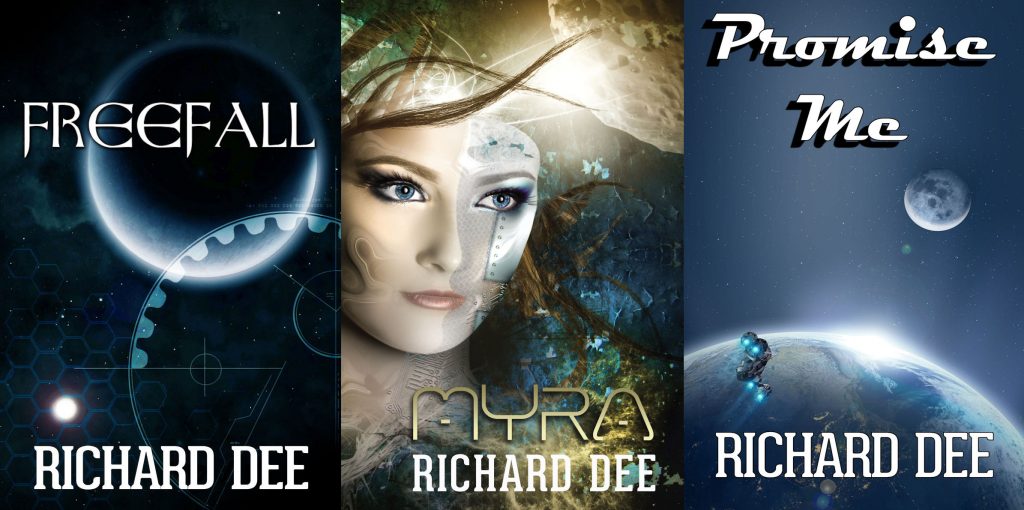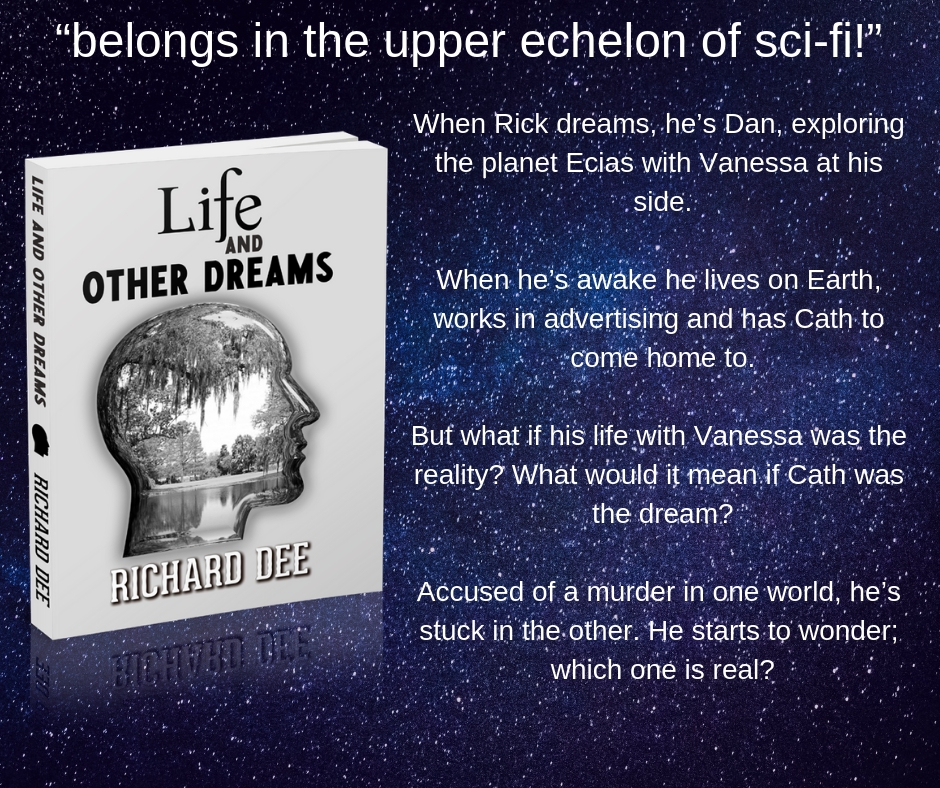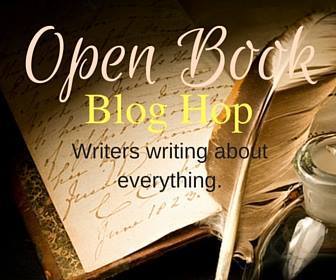
I’m really getting into this blog-hoping lark now, I like the idea of getting a prompt on Wednesday and having to produce something for the next Monday. Even though I’m not normally a fan of deadlines and being told what to do. Maybe it’s because it’s my choice to participate?
Here’s this weeks prompt,
all the details of the hop and links to the other participants are at the end of my response.
Do you hide any secrets in your books that only a few people will find?
In the immortal words of so many before me, If I told you that, I’d have to kill you!!!
If your question means; do I deliberately hide information, or seek to make it hard for a reader to see what’s going on, then the answer is no. I’m not that clever, I wish I was. So rather than secrets, I’m going to talk about hidden meanings, the extra bits and pieces that you might find, things that take you beyond the superficial.
There are several places in my books where my characters have said or done something that reveals a lot more about a situation or sets up a sub-plot. And it might not be immediately apparent to the reader. Sometimes it can be as little as a comment made in conversation, or a fact placed in a bit of back story. Just occasionally, it’s so out of the blue that when I read it back, the sheer brilliance of it makes me wonder where it came from (excuse my modesty). Often it leads the narrative in a whole new direction.
And then there are the things that eagle-eyed reader does spot, little connections and clues scattered around that I don’t remember writing. They lead to questions, set up sequels or explain things that you come across in other parts of the tale.
I’ve also had messages or read reviews which show me that a reader got a whole different experience from a particular passage (or even the whole book) from that which I had intended. They saw things in the tale that I never realised were there when I was writing it, which all goes to show how incredibly varied we are, in what we see and how we ascribe meaning. Who knows what else they might find in the future?
Does that count?
Let me give you an example,
in my first novel, Freefall (2013), my hero, Dave Travise, is portrayed as a loner, full of grief for the loss of his love. To reinforce that, I wrote this;
I only ever intended it to be a throwaway paragraph; to show the grief that still haunted Dave Travise, but then people started asking me about the story behind the dent, they wanted to know what had happened to Myra.
In the end, to explain Dave’s anguish and save me having to repeat myself, I wrote a prequel, called Myra (2017), which got everyone up to speed. And parts of that story prompted me to write a third novel, called Promise Me, which is soon to be released. Perhaps it will complete the story, resulting in Dave’s redemption and allowing him to move on; who knows?

While things like that might not be secret, they all add a new layer to the narrative. A deep understanding of them is not needed to enjoy the story but realising their meaning enhances things.
For another example, my novel Life and Other Dreams features two worlds, initially they appear to have little or no connection. As the story develops, they become increasingly linked. Once again, placing the points of similarity was done almost without my realising it was happening, it was only when I started to get comments that I realised how intricately they had been joined together.

You might think it strange, how I don’t always see things in the same way as my readers, how I can possibly put stuff in without knowing it?
Here’s my guilty secret; I don’t actually plot any of my stories. I get an idea, dream up a location, place my characters in it and stand back. I then watch a film of the action, as it develops, in my head. All I have to do is write it down. This is great, as it saves me all the bother of plotting or messing around trying to manipulate events to get to the desired conclusion. It’s all done for me.
My characters make it up as they go along, I just type. And not very well; considering how many words I have written on a keyboard; I still have to look at the keys as I type. Which means that I don’t actually see the words on the screen until I stop for a break. Very often, that is where the magic begins, as I read it back and see what my players have been up to. I’m always conscious that the reader comes to the story in the same way that I have, unsure of what’s going to happen next.
If anyone’s guilty of putting secrets in, it’s my characters. As for their motives, I guess you’d have to ask them.
If this post has got you interested in any of my novels, you can get more details by clicking the Portfolio link. Or, to receive a free short story, The Orbital Livestock Company, just join my team of subscribers by clicking here.
I’ll be back on Thursday with another Showcase post, featuring an Indie Author with something to say. Please click the links to see the other great blogs on this hop.
![]()



P.J. MacLayne
Isn’t it great when you find those snippets of not-even-brilliance but at least better-than-usual? that’s when we remember why we write.
Richard Dee
That’s right, it makes it all worthwhile 🙂
Lela Markham
You have a similar process to mine – though, my characters present themselves to me first and start to tell me a story. It’s usually while I’m doing something mundane, like filing at work. I was a little worried when we went to electronic filing that I’d lose that time with my characters, but they reasserted themselves pretty quickly. Electronic filing is just as boring as paper filing, you just end up with fewer paper cuts.
When I was in school, the teachers always would assert deeper meanings to the “great” novels and I’ve always wondered if the authors actually intended those meanings or if the literary analysts just find what they want there so THEY can participate in the work as if they were the writer. And, yet, maybe after all it is the characters who are leaving these truths.
Richard Dee
I love to watch the story unfold, especially when I think I know where it’s going. The fact that it can suddenly change and head off in a new direction is always exciting.